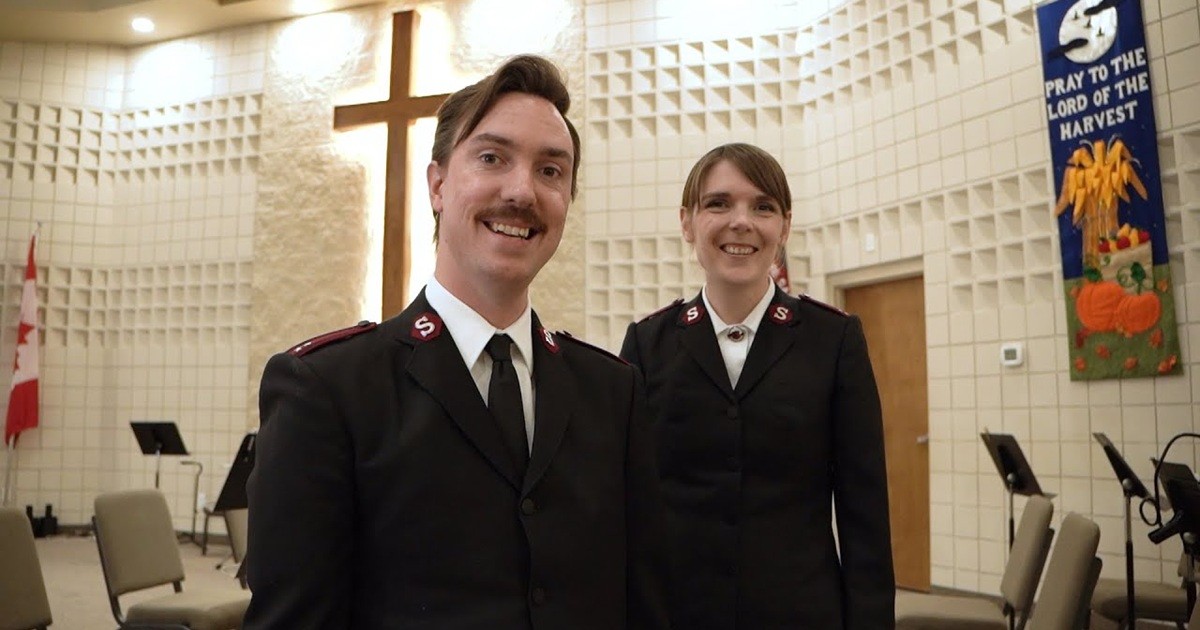 You better pay attention,
You better pay attention,
Build your comprehension,
There's gonna be a quiz at your ascension.
Stephen Schwartz, Godspell
Paul warns in 2 Timothy 2:14-18 that reading the Bible while neglecting the due diligence of proper study leads to the “quarreling about words” and “godless chatter” that can destroy Bible study groups and congregations. Instead, we are to make every effort to correctly handle “the word of truth.” But whether we are naturally gifted students or not, this pursuit of truth involves study.
How do we avoid being deceived by “fine-sounding arguments” if we haven't done some reading in advance? How can we make sure that we are not taken captive through “hollow and deceptive philosophy” if we haven't studied? How can we truly know Jesus, the incarnate Word of God “in whom [is] hidden all the treasures of wisdom and knowledge,” if we have not taken the time to unpack all the treasures hidden in the Bible, the written Word of God (see Colossians 2:2-8)?
When I was a candidate for officership, my divisional commander advised me that if I wanted a life centred on study and the preaching of the Word, I should think about going down the street to the Presbyterians or the Baptists. He reminded me that the Army is all about heart to God and hand to man.
He was right. The Army does have a particular place within the larger fellowship of the universal Church. It isn't necessarily our role to be the intellectuals of the evangelical church, but I'm fairly certain that my DC didn't mean for me to be biblically illiterate. I'm sure he wasn't advising me to give up reading good books. Nor do I think that he would have objected if I listened to some good teaching.
Worship is important but it can't replace study in the development of the mind. Playing church music is an excellent thing, but it can't compete with study for increasing intellectual vitality. Feeding the hungry and living simply, as required responses to the gospel, have their own purpose. But so does study. And it is study that will help us to fulfil the Christian obligation to know the Word.
First Steps
So, where should we begin?
If you have not already read the Bible, I suggest that you consider doing so as soon as possible. There are plenty of reading plans available (see Salvationist.ca/ReadtheBible or search online). Even better, devise your own plan. Just be sure to follow through—a little spiritual discipline now, eternal blessings soon to follow. Write down any questions that arise from your reading. Keep reading. Keep writing down questions. When you absolutely can't wait one minute longer before finding some answers, start studying.
There are many forms of study. Not everyone will have the opportunity to study formally at a Bible college, seminary or university, but I highly recommend that you take a course if you have that opportunity. As an option, there are plenty of correspondence courses available (see BoothCollege.ca). Joining a Bible study group can be helpful as well—all the more so if the group is guided by a good teacher. When Jesus spoke about the blind leading the blind (see Luke 6:39-40), he was pointing out the necessity of finding a good teacher.
Good Guidance
You should also read good books and consult good websites, but this is not a journey to be taken alone. It is important to find a mentor you can trust to advise about what books will be most helpful. This is especially vital when it comes to the Internet. There is no shortage of websites about the Bible and doctrine and theology, but they aren't all reliable or trustworthy. You may need some help sifting through these resources.
Let us resolve to pursue the Word with every good resource at our disposal. Yes, it can be hard work. “Of making many books there is no end, and much study wearies the body” (Ecclesiastes 12:12). But as your questions begin to be answered, you will soon find great delight in your studies. This quest for truth is a journey to be enjoyed. We won't, of course, find all the answers. If I could understand everything in the Bible, I would have a hard time believing that it is the Word of God. And, as A.W. Tozer said, the Bible is not an end in itself. It is a means of bringing people to God. But it won't bring me any closer to God if I never open it.
Major Kevin Metcalf is the territorial secretary for music and gospel arts.









Leave a Comment